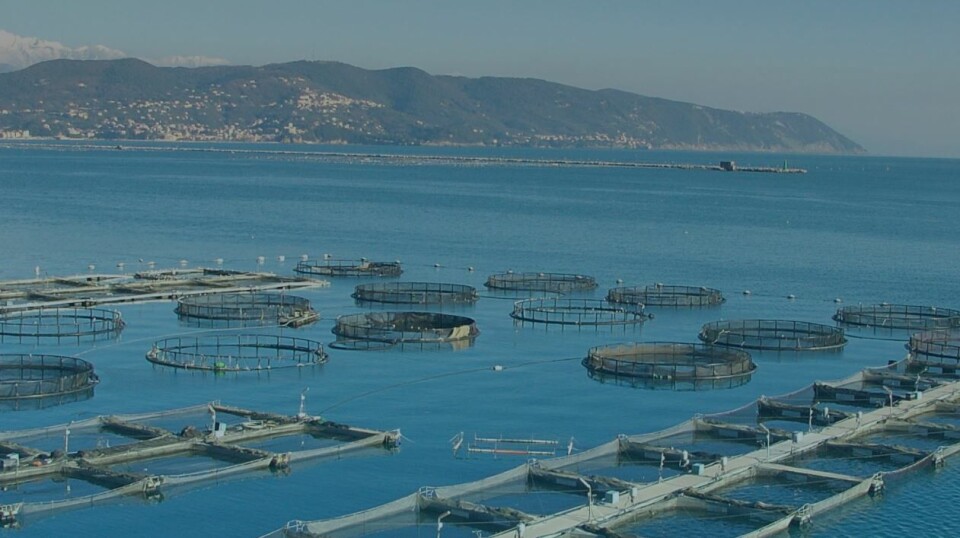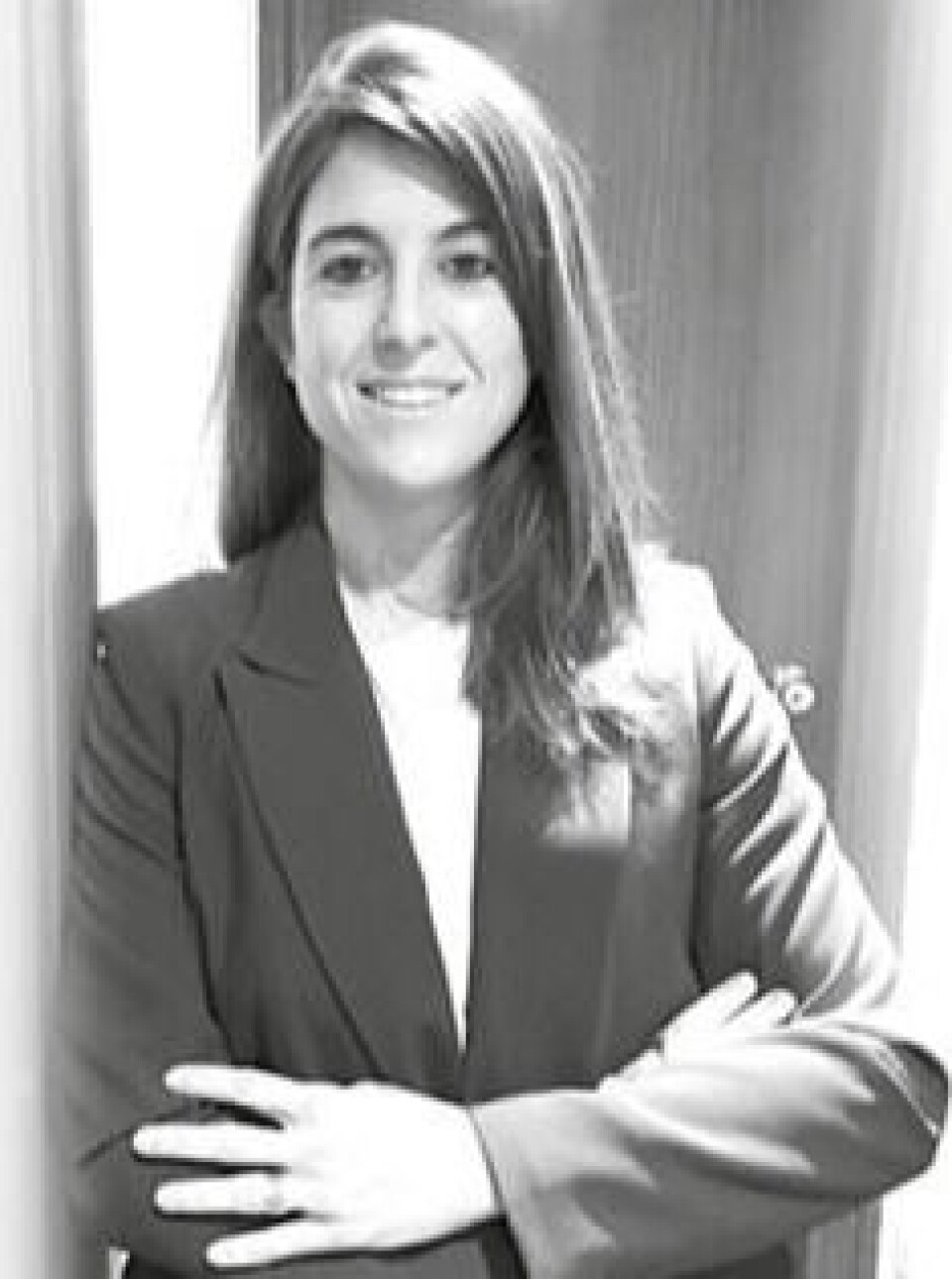
E-learning bid to improve aquaculture efficiency
A new e-learning platform designed to assist aquaculture professionals in finding efficiencies in their facilities will be launched during a free online seminar on Wednesday.
The European Union-funded EWEAS (Energy and Water Efficiency in the Aquaculture Sector) project has spent two and a half years developing the open access platform.
This week’s online event is divided into two and begins with a 90-minute session titled Energy and Water Efficiency in Aquaculture that features three speakers and begins at 10.30am, BST.

Lower water use
Israel Muñoz, from the Institute of Agrifood Research and Technology, Catalunya, will speak about “Reduction of water and energy usage in seafood processing”, and Damien Toner, development and innovation executive of Ireland’s seafood development agency Bord Iascaigh Mhara (BIM) will talk about sustainability and resource efficiency in an aquaculture pond system in Ireland.
Maddi Badiola, project leader and recirculating aquaculture systems (RAS) specialist at Danish RAS supplier Alpha Aqua AS will present on energy usage in RAS.
The second part of the webinar (12.30pm-1.30pm) will feature the launch and demonstration of the EWEAS e-Learning platform.
Energy consumption
The e-learning training programme will equip aquaculture professionals with the necessary skills to:
- Detect significant plant consumption and establish its optimum working range
- Perform and interpret the measurements of energy consumption in the main equipment
- Get to know and understand the different concepts of billing and hiring of energy supplies, in order to facilitate decision-making
- Determine which are the most relevant energy consumption indicators and their current values, as well as being able to recognise the variations that they may encounter, as an indication of improvements or problems in production
- Be able to assess the foreseeable impact on these indicators of new actions developed to reduce energy or water consumption.
The webinar is primarily aimed at aquaculture practitioners but may also be of interest to policymakers, researchers, students and the general public. All interested parties are welcome to attend.
Tickets for the webinar can be booked here.




















































